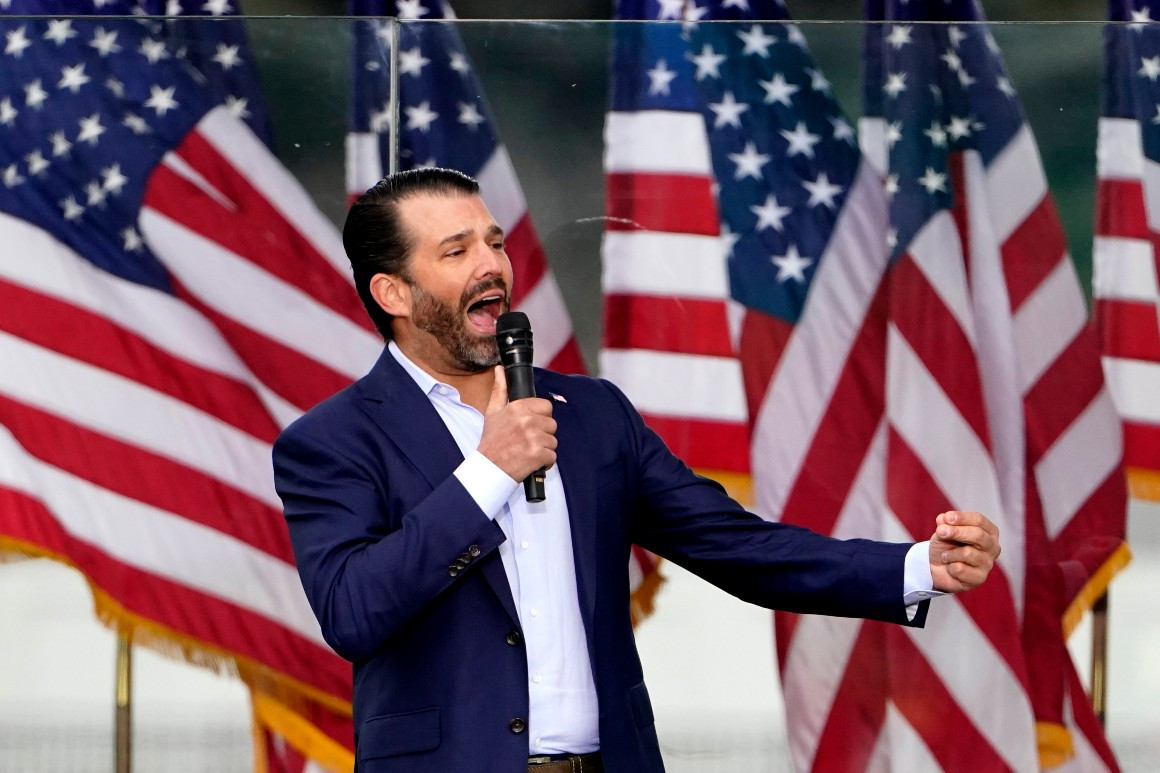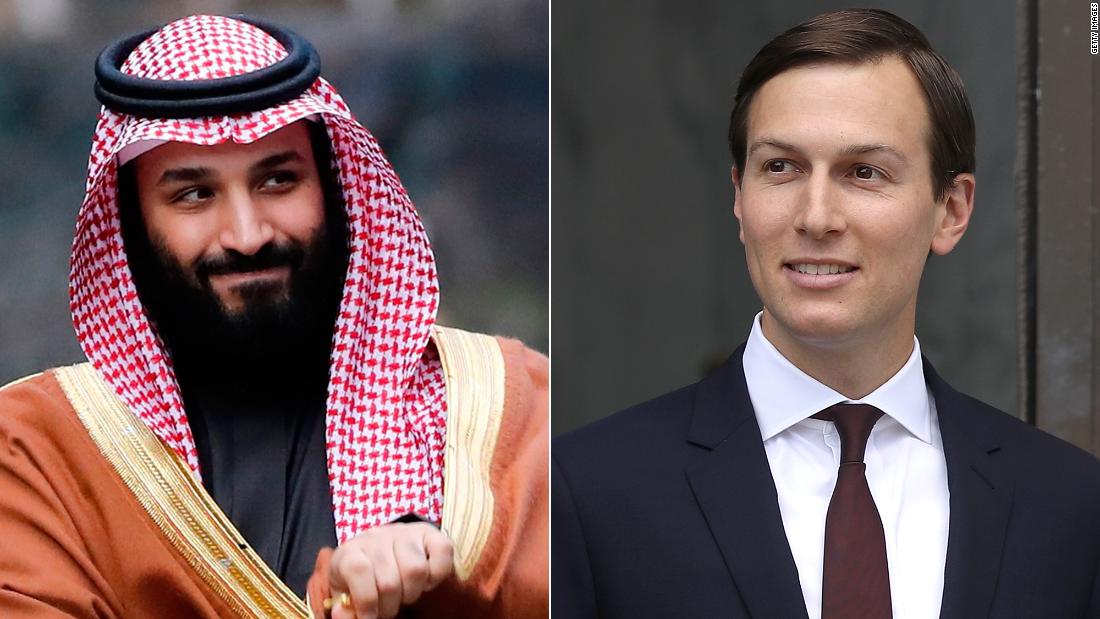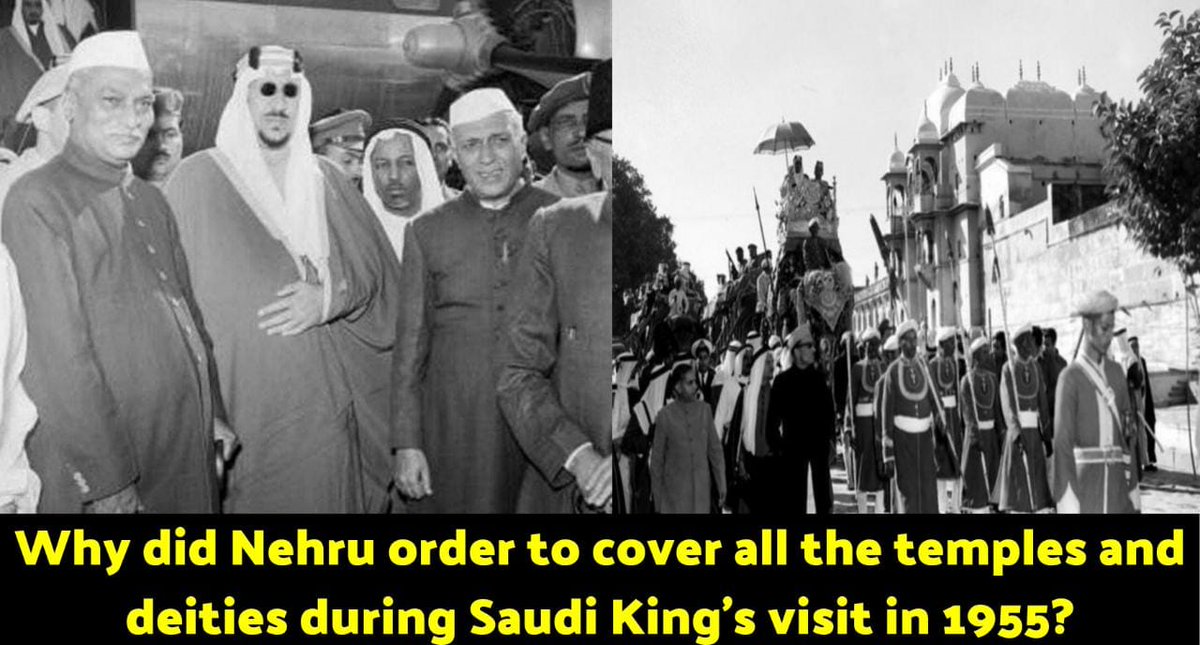(THREAD) The main problem with that @DanDrezner piece in the Post is that it's an international politics prof writing about the field in which I'm a professor—communications. No one in communications would *ever* compare the blogosphere to either Twitter or Substack. Here's why.
I still find that problematic in many ways.
More from Seth Abramson
Trump has been telling a number of people he\u2019s in contact with that he expects he will get reinstated by August (no that isn\u2019t how it works but simply sharing the information). https://t.co/kaXSXKnpF0
— Maggie Haberman (@maggieNYT) June 1, 2021
1/ Journalists need to be very careful in how they discuss this breaking news. Individuals who have provided cover for Trump repeatedly in the past—like Maggie Haberman—are reporting evidence of a possible seditious conspiracy as mere loose talk from an addled man. Sorry, but no.
2/ There are efforts afoot now in GA, AZ, NV, and WI to delegitimize Biden's victories there. Meanwhile, Trump advisors Flynn and Powell are saying that once those victories are delegitimized, the military should move in. If Trump is in on the conversations, it's a coup attempt.
3/ As anyone who has ever read a book or watched a movie or taken a history course knows, the most important element of a coup is the agreement of the individual who'll be installed as a nation's new president to participate in the installation. Without that there can be no coup.
4/ What Trump is privately doing, according to the NYT, is the *opposite* of what Lyndon Johnson famously did in saying that even if nominated he wouldn't run for president. Trump is telling the coup conspirators that he *will accept a re-installation* if they can make it happen.

1/ If you haven't yet seen my analysis of Trump's January 6 "incitement to insurrection" speech, you can find it at the link below. This thread will look at four shorter—but deeply consequential—speeches just before Trump's, all by Trump allies or family.
(THREAD) Media has yet to do a deep dive on precisely what Trump *said* in his January 6 speech in DC\u2014a speech now called an "incitement to insurrection," and the basis for an article of impeachment coming Monday. This thread unpacks the speech. I hope you'll read on and RETWEET. pic.twitter.com/ba6eaNScNW
— Seth Abramson (@SethAbramson) January 9, 2021
2/ DONALD TRUMP JR.
Trump Jr.'s speech on January 6—which ended less than an hour before his father incited an insurrection—is one of the most inscrutable of the day, because its beginning includes some promisingly responsible rhetoric. Then it descends into madness and chaos.
3/ "I'm looking at the crowd here, and you did it all [congregate here] without burning down buildings! You did it without ripping down churches! Without looting! I didn't know that that was possible!" Within 2 hours of his speech, Don Jr.'s audience would be looting the Capitol.
4/ So obviously Don Jr.'s opening is ironic to a historic degree, but this isn't the first time we've heard this rhetoric from him. He habitually ignores right-wing violence because he knows that his chief rhetorical canard—which marries progressivism and violences—gets applause.
More from Politics
The community’s response? Outrage.
Amazon will divide its second headquarters evenly between New York's Long Island City and Arlington County's Crystal City neighborhoods. Other cities may also receive major sites. https://t.co/c1lKmeQinX
— The Wall Street Journal (@WSJ) November 13, 2018
Amazon is a billion-dollar company. The idea that it will receive hundreds of millions of dollars in tax breaks at a time when our subway is crumbling and our communities need MORE investment, not less, is extremely concerning to residents here.
When we talk about bringing jobs to the community, we need to dig deep:
- Has the company promised to hire in the existing community?
- What’s the quality of jobs + how many are promised? Are these jobs low-wage or high wage? Are there benefits? Can people collectively bargain?
Displacement is not community development. Investing in luxury condos is not the same thing as investing in people and families.
Shuffling working class people out of a community does not improve their quality of life.
We need to focus on good healthcare, living wages, affordable rent. Corporations that offer none of those things should be met w/ skepticism.
It’s possible to establish economic partnerships w/ real opportunities for working families, instead of a race-to-the-bottom competition.
What would that "look like" in reality?

So a massive adult film star in all his glory is included in an official FBI government filing
Perhaps the explanation is that Patriots are in control.
— David Burney (@jdburney1) February 6, 2021
\U0001f923\U0001f923\U0001f923\U0001f923 https://t.co/W3S8TgeY74
Hunter Biden's book is categorized as "Chinese
Patriots in control?
— David Burney (@jdburney1) February 6, 2021
\U0001f923\U0001f923\U0001f923\U0001f923 https://t.co/p0rEyfd2DW
TIME admits to "conspiracy" to "not rig, rather
TIME admits stolen election, with spin!
— David Burney (@jdburney1) February 6, 2021
"They weren't rigging the election, they were fortifying it."
Recognize the Ministry of Truth? How many things in the last few years have been redefined to be the opposite of reality?
Google the definition of "bigot" if you doubt me. https://t.co/CNU888fxr4 pic.twitter.com/UEhRBOtUB6
A "pillow guy" has military-grade intercepts detailing the IP addresses and device MAC IDs of EVERY incursion into every county in the
God bless the pillow manufacturer.
— David Burney (@jdburney1) February 6, 2021
The last 30 minutes details where every single incursion is recorded including IP and MAC addresses. 100% proof. pic.twitter.com/P5MVb1xGNC
This is shameful legislation, that does nothing to tackle the problems with UK elections.THREAD
Millions of people do not have photo ID. By forcing through mandatory voter-ID the government risk disenfranchising millions of legitimate voters. https://t.co/y0Upzof2FI
— Electoral Reform Society (@electoralreform) February 17, 2021
There is no evidence in-person voter fraud is a problem, and it wd be near-impossible to organise on an effective scale. Campaign finance violations, digital disinformation & manipulation of postal voting are bigger issues, but these are crimes of the powerful, not the powerless.
In a democracy, anything that makes it harder to vote - in particular, anything that disadvantages one group of voters - should face an extremely high bar. Compulsory voter ID takes a hammer to 3 million legitimate voters (disproportionately poor & BAME) to crack an imaginary nut
If the government is concerned about the purity of elections, it should reflect on its own conduct. In 2019 it circulated doctored news footage of an opponent, disguised its twitter feed as a fake fact-checking site, and ran adverts so dishonest that even Facebook took them down.
Britain's electoral law largely predates the internet. There is little serious regulation of online campaigning or the cash that pays for it. That allows unscrupulous campaigners to ignore much of the legal framework erected since the C19th to guard against electoral misconduct.























